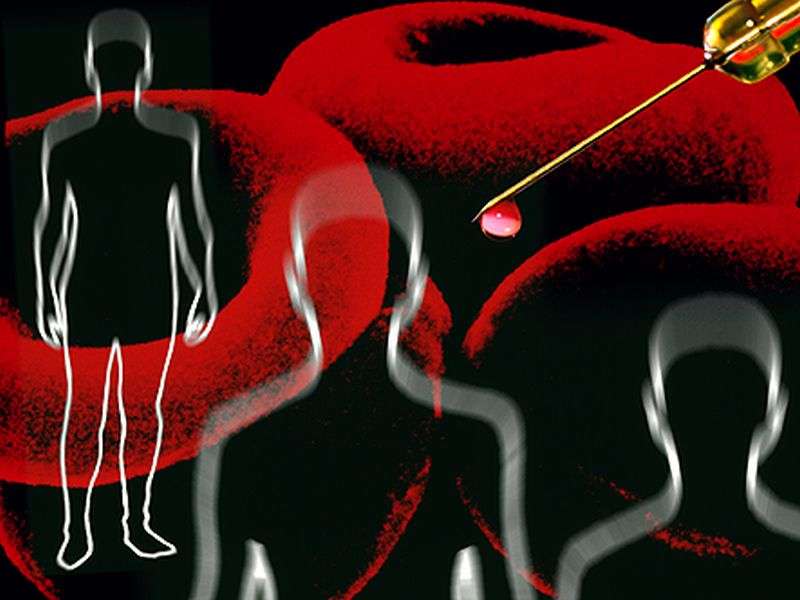(HealthDay)—In the elderly, subclinical hypothyroidism is not associated with significantly increased risk of recurrent venous thromboembolism (rVTE), according to research published online Jan. 27 in the Journal of Thrombosis and Haemostasis.
Daniel Segna, M.D., of the University of Bern in Switzerland, and colleagues conducted a prospective, multicenter cohort study using data for 561 elderly patients, 58 percent of whom were receiving anticoagulation therapy; 6 percent had subclinical hypothyroidism, and 5 percent had subclinical hyperthyroidism. The associations between subclinical thyroid disease and rVTE, thrombophilic biomarkers, and all-cause mortality were investigated.
The researchers found that after an average of 20.8 months of follow-up, 9 percent of patients developed rVTE, and 10 percent of patients died. The incidence rate of rVTE per 100 patient-years was 7.2 (95 percent confidence interval [CI], 2.7 to 19.2) in subclinically hypothyroid patients, 0.0 (95 percent CI, 0.0 to 7.6) in subclinically hyperthyroid patients, and 5.9 (95 percent CI, 4.4 to 7.8) in euthyroid patients. According to multivariate analyses, the sub-hazard ratio for rVTE was 1.50 (95 percent CI, 0.52 to 4.34) in subclinically hypothyroid patients and 0.00 (95 percent CI, 0.00 to 0.58) in subclinically hyperthyroid patients, compared with euthyroid patients, without increased thrombophilic biomarkers. No association was found between subclinical thyroid disease and mortality.
"In elderly patients, subclinical hyperthyroidism may be associated with lower rVTE risks," the authors write. "Subclinical hypothyroidism showed a non-statistically significant pattern of an association with rVTE, without increased mortality or differences in thrombophilic biomarkers."
Two authors disclosed financial ties to pharmaceutical and biomedical companies.
More information:
Abstract
Full Text (subscription or payment may be required)
Copyright © 2016 HealthDay. All rights reserved.
























